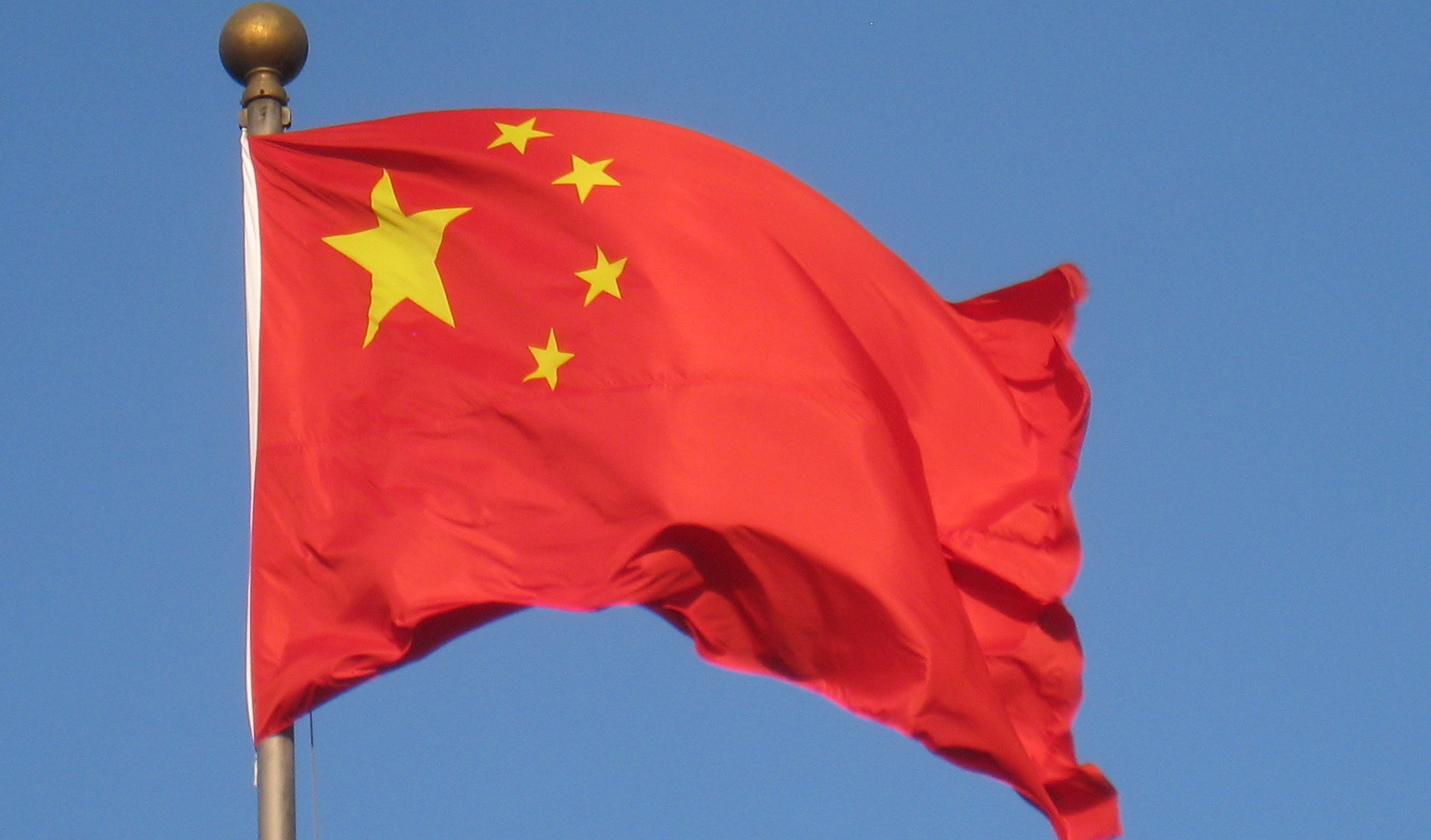China is no stranger to image problems. Maligned by the West since the rise of Mao Zedong, it has often found itself at the receiving end of criticism and outrage. Although skewed Western perspectives are part of the problem, China’s propaganda machine is not exactly known for subtlety. The State news agency, XinHua, is infamous for responding with aggressive and undiplomatic assertions to any challenge to rigid Party doctrine. For example, it had no qualms about referring to Congressional debates after the 1972 Nixon visit as “rabid nonsense,” or telling Washington to “shut up” in an editorial regarding the South China Sea disputes.
While the Chinese media’s abrasive methods were once meant to reiterate domestic goals, it now seems as if China is using its propaganda structure to gain traction in key issues abroad. China is demonstrating greater literacy of the U.S. media, propelled by its desire to exert more “soft power” in the West. To this aim, it employs a softer public response to foreign aggression, channels its views to the West through its growing international news outlets, and is increasingly willing to take a Western-friendly stance on non-key issues. China’s media renaissance is by no means flawless—Chinese news agencies still face a small US audience and wide criticism of their foreign outlets and publications—but current events have already shown the increasing benefits of China’s efforts.
The last decade has been littered with squabbles between the United States and China. The tensest in recent memory took place in 2011, when a U.S.-Taiwan arms deal worth $5.8 billion rattled the Chinese Mainland. The Chinese establishment responded with a full-fledged tirade against the United States, employing both its diplomatic corps and its large array of state-managed periodicals and television stations. In what was treated by U.S. diplomats as a tired routine, the U.S. ambassador was summoned in Beijing to hear China’s disappointment in the decision. The Xinhua wire service then decried the move as a “despicable breach of faith in international relations,” and the following day’s People’s Daily, the Mainland’s most prevalent newspaper, was loaded with hyperbolic articles, at one point asserting that the U.S. was “making a fool out of the Chinese people.” The intent of the move was clear: to express severe displeasure to the White House, but also to please conservative elements in the Chinese Communist Party and nationalist elements in the influential Chinese blogosphere. As Chinese priorities have changed, though, so have those of its reporting outlets.
The Chinese media’s change of direction is emblematic. China’s XinHua news agency, previously confined to the Chinese Mainland, has announced a massive expansion project, adding 80 new overseas bureaus for an impressive total of 200 (compared to CNN’s 37 and the BBC’s 41). It recently introduced a new 24-hour English news channel, and now advertises on a colossal LED screen on Time Square’s main façade. Viewership numbers are not ideal, but XinHua has very deep pockets and no responsibility to show a profit. In terms of the agency’s output, experts consider its news coverage of foreign affairs to be adequate, but there is little discussion on what the West sees as pressing issues in China. In other words, daring approaches towards the Chinese “reeducation” system or a reexamination of the Taiwan question are clearly not to be expected. Despite XinHua’s obvious shortcomings, the outlet is an effective pro-China news medium abroad. Xinhua’s historically infamous reportage, often damning the West with borderline-rabid rhetoric, has been slowly phased out in favor of more strategic and diplomatic approaches to content.
Nowadays, China seems to have figured out how to endear itself to the West. When the Pentagon foiled a sophisticated Chinese hacking operation that targeted U.S. classified information and the intellectual property of several hundred U.S. companies, China’s Foreign Ministry kept uncharacteristically calm. The XinHua newswire lightly covered the issue, framing cyber-security as a minor concern amongst Sino-American diplomatic efforts. Foreign Ministry heavyweights said little on China’s news channels, leaving most of the airtime to airy comments by ministry spokeswoman Hua ChunYing. Finally, extensive coverage—both in China and in XinHua’s overseas services—of the Snowden and Syria crises were used to divert public attention from the hacking issue. This groundbreaking approach on China’s part paid off surprisingly well. High-level talks were held to resolve what the Chinese media managed to frame as a Sino-American bilateral concern, with few resulting repercussions or tensions. Partially because of its sober diplomatic response to U.S. accusations, China essentially managed to quickly sweep the “cyber-security issue” under the rug.
China has a long way to go if it wants to “Sinicize” Western opinions. The China Daily, China’s only English-language newspaper, draws only one third of its readership overseas, although it is printed internationally. 24-hour news channel China CNC, XinHua’s answer to BBC World News and AlJazeera, trails other international news channels in both credibility and viewership. Slightly more alarming is the lack of proper copy-editing across all XinHua reading material, which is liberally dotted with grammatical errors and inexplicable word choices. So far, the American public seems unimpressed by XinHua’s desire to appeal abroad, largely because of what is seen as an uncomfortably pro-Chinese tone. Exerting “soft power,” both through culture and diplomacy, is by far China’s best tool for gaining much-needed support from the Western public. Unfortunately, China’s several U.S. publications and outlets are still not up to the challenge.

A thoughtful read, Matteo. My first impulse is to wonder how the U.S. press would react if China would close a 5.8 billion in arms deal with Cuba…a soft response?